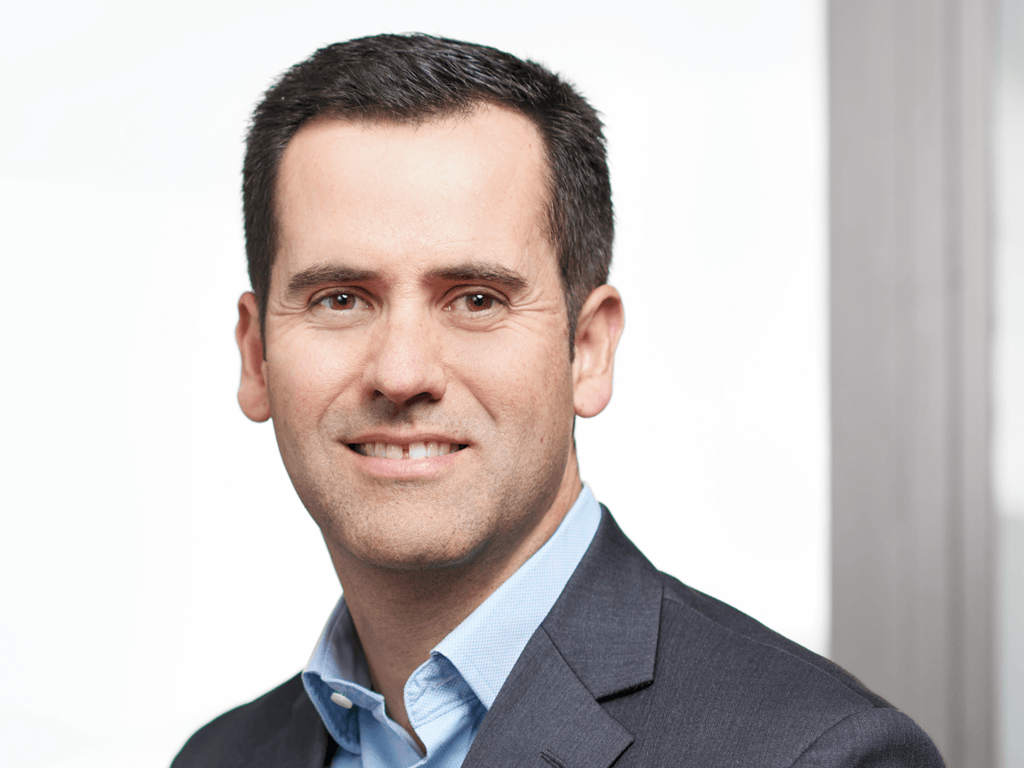DABUS is an alleged artificial intelligence and the Artificial Inventor Project have been testing the bounds of patent law by seeking to have DABUS recognised as the inventor of a patent in a number of jurisdictions with limited success.
As we reported here, Australia was the first jurisdiction where the Artificial Inventor Project experienced substantive success, with a single judge of the Federal Court finding in July 2021 that there was no barrier to DABUS being named as an inventor. The Commissioner of Patents appealed. Notably a panel of five judges was formed to hear the appeal; two more than for most appeals.
The Decision
On 12 April 2022, the Full Court delivered a unanimous decision in favour of the Commissioner of Patents, overturning the earlier finding.1 Most helpfully, the Full Court provided a thorough review of earlier authority and commentary on entitlement that lead to the unavoidable conclusions that for the purposes of the Australian Patents Act:
- “the origin of entitlement to the grant of a patent lies in human endeavour, which is rewarded by the grant of a limited term monopoly”2;
- that “Only a natural person can be an inventor”3;
- “an inventor must be identified for any person to be entitled to a grant of a patent”4; and
- “Something without a legal identity cannot give effect to an assignment”5.
Commentary
It could be considered wasteful for a panel of five judges to convene to overturn an earlier decision on an issue of niche statutory (re)interpretation. And so it was not unexpected to see the appeal court go further and strongly suggest a reconsideration of current policy settings in light of artificial intelligence. The court said:
To these we would add: can an artificial intelligence make an invention or, is it a tool through which new and useful things can be brought into existence without there being any invention?
To that end it is important to note that the Full Court’s decision was issued on the basis of an agreed set of facts in which no alternative inventor would be named. The Full Court was careful to highlight that “Dr Thaler is the owner of the copyright in the DABUS source code and the computer on which DABUS operates, and that he is also responsible for the maintenance and running costs”6 from which one might infer inventorship could be attributed to that natural person. But for now, at least, that determination remains unanswered.
1 Commissioner of Patents v Thaler [2022] FCAFC 62.
2 Ibid. at [116].
3 Ibid. at [113].
4 Ibid. at [113].
5 Commissioner of Patents v Thaler [2022] FCAFC 62 at [108].
6 Ibid. at [121].











